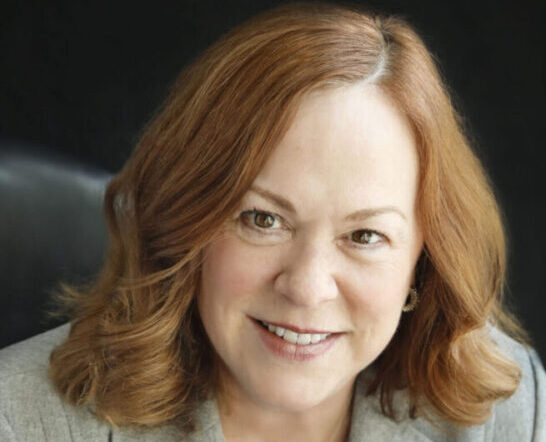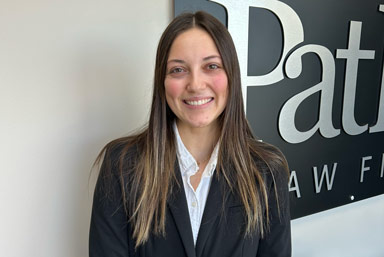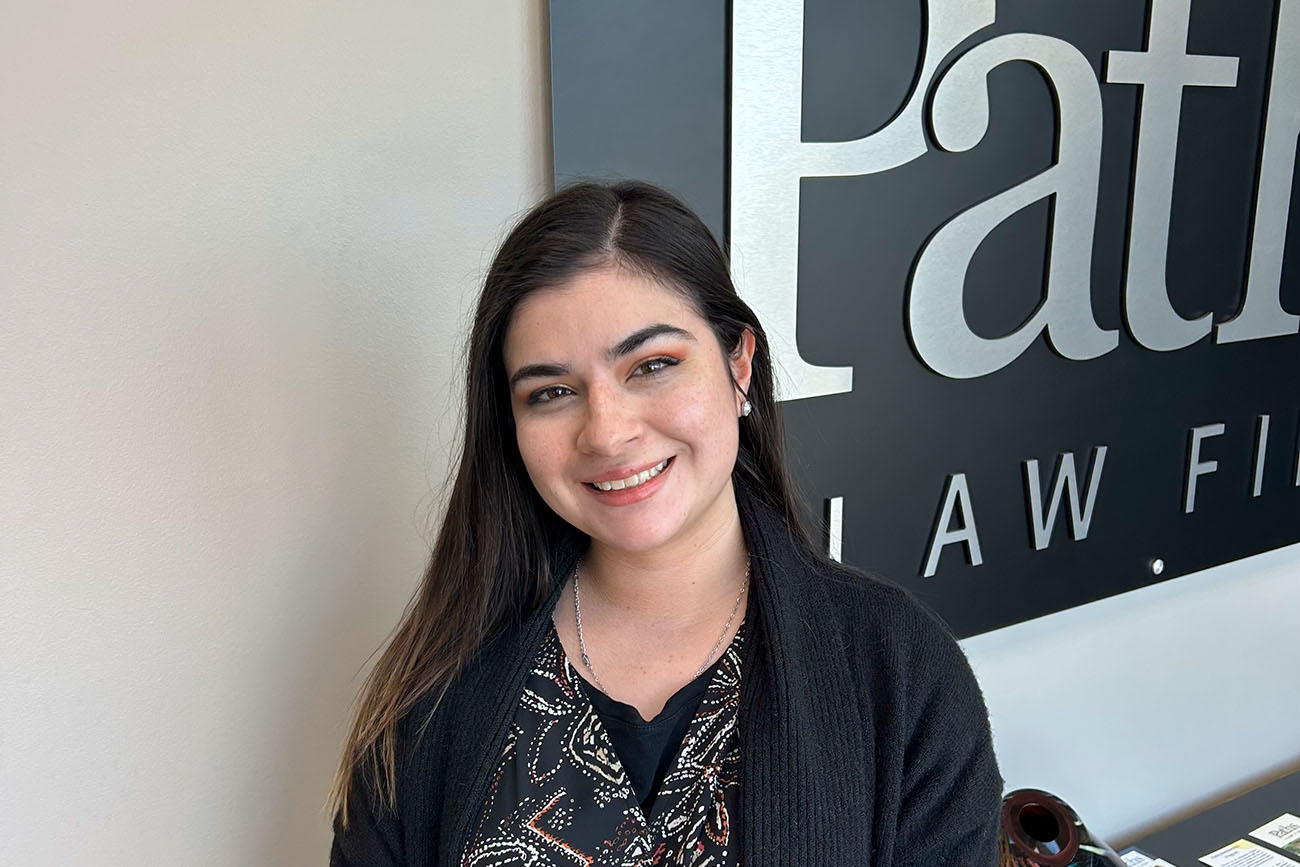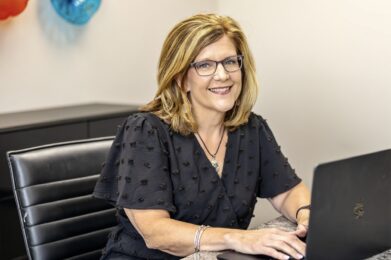Estate Planning can be overwhelming, especially when it comes to decisions dividing business property, the family farm, a lakehouse or cabin. It may not be the most pleasant subject to discuss but it’s definitely better to do something so these assets don’t end up in probate, with unintended family members, or even skipping to step children or those not in your bloodline. The primary purpose of creating an estate plan is to set forth your wishes and put things in place to ensure they are carried out.
*This blog is for educational purposes only and should not be considered legal advice. The use of the Paths Law Firm website does not constitute a client-lawyer relationship.
The first issues I like to address are the ultimate goals and priorities. This is essential, much like setting a destination before starting out on a road trip. A good start is answering two questions.
- Who’s to be in charge when you can’t be?
- Who gets what?
This may include how they receive it. Now, when planning for that special property like the family farm, lakehouse, or cabin, there is a lot of practicalities to consider. These include, who’s in charge of paying expenses? How the maintenance will get done? How will all this get paid for? Also, who will be in charge of scheduling visits, activities, or occupancy?
Remember, your kids may get along and they can work it out but our average client is 80 years old and our tracking shows 35% of them have a child, at least one, that has died before them. Those are high odds, so we must consider grandchildren and who will be influencing them? Those non-family relationshipscan significantly affect their actions and opinions.
A lot of experience is needed when planning for these emotionally based assets. You can imagine the likely discontent among family members in this regard. One common situation is when a child wants to carry on as usual after you die or become incapacitated, but another child already has plans for their share of the sale. Now, throw in a blended family into the mix. If the estate plan is laid out in a way clearly defining any division, sale, or time-frame, it’s likely to cause less problems.
You can see, this requires legal counsel with a lot of experience as the textbooks usually don’t help much. This also illustrates the difference between a traditional estate planning lawyer and an experienced dedicated elder law attorney.
At Paths Elder Law, we have the life experience to help you create a well laid out plan for your entire estate and ensure the protection of your assets. If you or someone you know is ready to start their customized estate plan, Contact Paths Law Firm to schedule a consultation.



































